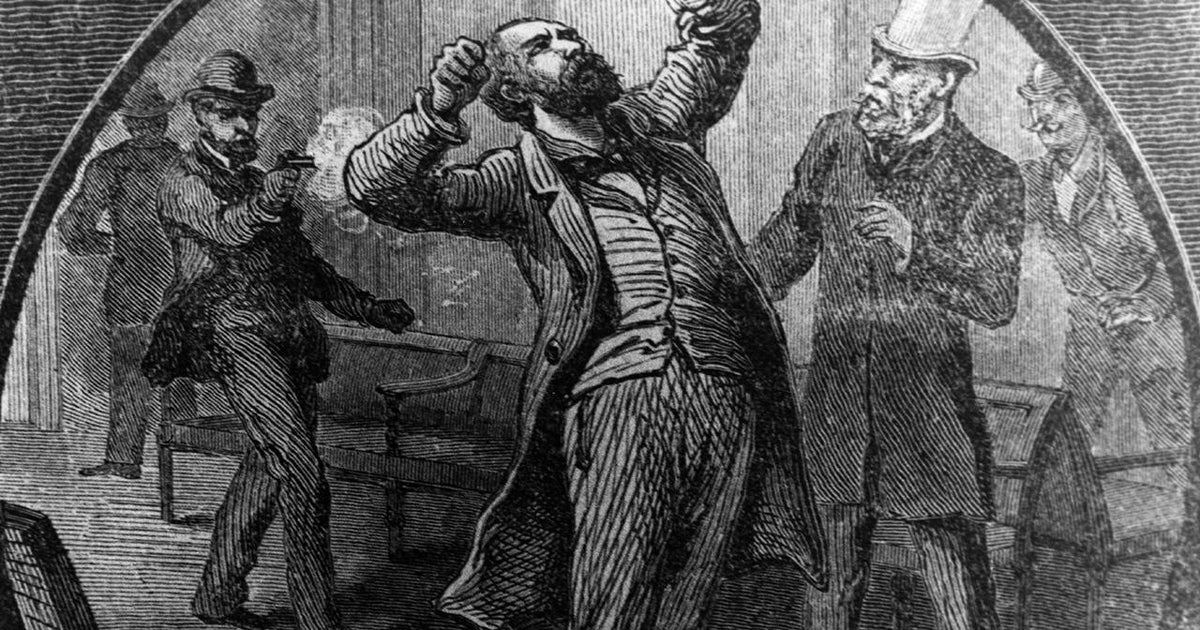
How a president's death helped kill Washington's "spoils system"
CBSN
"To the victor belong the spoils." For decades in the 1800s, that phrase was more than a slogan; it was the official hiring policy of the U.S. government. "You win the election, you're entitled to put all your own people in there," said journalist and historian Scott Greenberger.
He says that under that "spoils system," the main job requirement for most federal employees was … loyalty.
It was a system inaugurated by Democratic President Andrew Jackson. "When he came in, he was – and this will sound familiar – he was afraid that sort of entrenched bureaucrats would resist his policies. And so, he cleaned everybody out."

Washington — The Supreme Court on Thursday cleared the way for the Trump administration to deport a group of migrants with criminal records held at a U.S. naval base in Djibouti, clarifying the scope of its earlier order that lifted restrictions on removals to countries that are not deportees' places of origin.

 Run 3 Space | Play Space Running Game
Run 3 Space | Play Space Running Game Traffic Jam 3D | Online Racing Game
Traffic Jam 3D | Online Racing Game Duck Hunt | Play Old Classic Game
Duck Hunt | Play Old Classic Game










